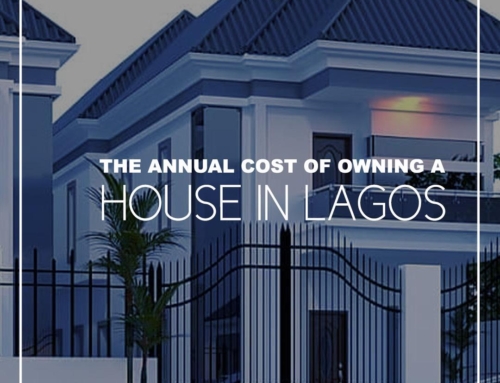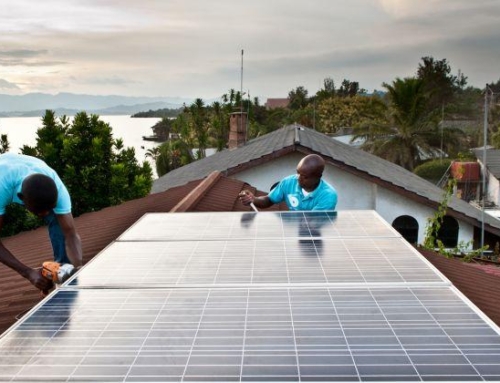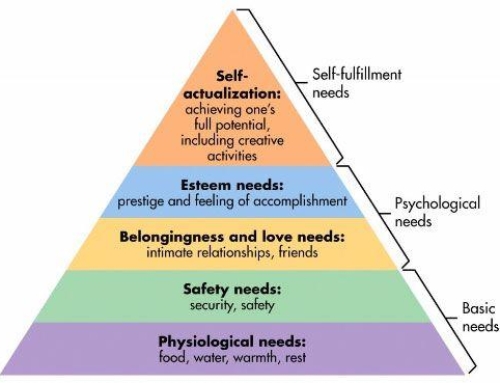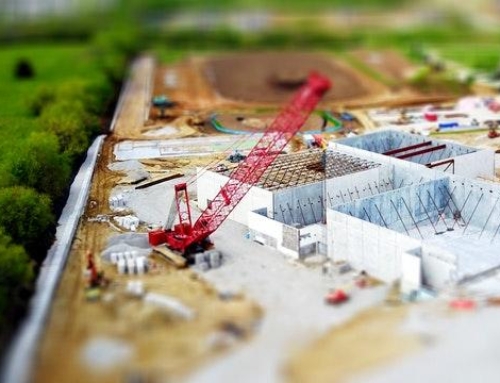The COVID-19 pandemic curve is rapidly flattening at an incredibly fast pace in the last few days. This follows several measures implemented by the government such as wearing a face mask, social distancing, and lockdown procedures, which are slowing down the spread of the pandemic in the country.
The latest data from the Nigeria Centre for Disease Control (NCDC) announced on Sunday reveals 138 new cases of Covid-19 was confirmed in Nigeria, which is the lowest daily number recorded since April 27th. It was 250 the day before and 160 on Friday. In total Nigeria has a total tally of 53,865.
A look at the time series shows that the curve started bending consistently in August after enduring three months of significant increases since May which dragged till the later part of the month of August. Month to date August has registered a daily average of just 357 one of the lowest and just lower than 150 days (between April 1 and August 29 2020) average of 359 cases.
The Demographics
The latest COVID-19 situation report shows that over 34,199 (64%) of the recorded cases were male while 19,528 (36%) females have been affected so far. Also, the most affected age group is between 31 and 40 years of age. Only 1% of the recorded cases have travel history, 24% got infected through contact with infected persons while 75% got infected through unknown exposure.
So far, 41,513 patients have been discharged since the pandemic, indicating a recovery rate of 77.1%, 11,339 patients remain under observation while 1,013 (1.88%) deaths have been recorded.
A stitch in time saves nine
It appears that the policies of the government are working as health experts have often cited wearing facemasks and limited movements as one of the most effective ways of containing the spread of the virus. Recall that the President, Muhammadu Buhari directed the cessation of all movement in Lagos and the Federal Capital (Abuja) for an initial period of 14 days, which took effect from March 30th, 2020, and later extended by an additional two-weeks period.
While Nigerians were restricted to the four walls of their homes, mandatory use of face masks and adoption of social distancing was strictly enforced in the country during this period with many organisations switching to remote working.
Furthermore, on April 27th, 2020, the President partially put on hold the movement restriction with only a few businesses allowed to commence operations from May 4th. It came along with the phased and gradual easing of lockdown measures in FCT, Lagos, and Ogun States, which took effect from Saturday, 2nd May 2020.
Alongside the measures that have been taken by the federal and various state governments, most organisations also carried out a number of sensitization programmes to enlighten the public about the symptoms of the disease and how it can be prevented. A move, which is reflective of the new trend in the number of confirmed cases in the country.
But while it appears the curve is flattening, there are also reports of underreported cases. A recent Nairametrics research suggests some people have fallen ill with symptoms of Covid-19 but did not bother to go for testing.
Why this matters: The steady decline in the number of confirmed cases recorded in Nigeria suggests the government’s policy on facemasks, lockdowns, and curfews appear to have contained the spread of the virus. This matters immensely for the economy especially as the government reopens the airspace for international flight operations and businesses consider resuming full operations.
SOURCE: www.nairametrics.com





